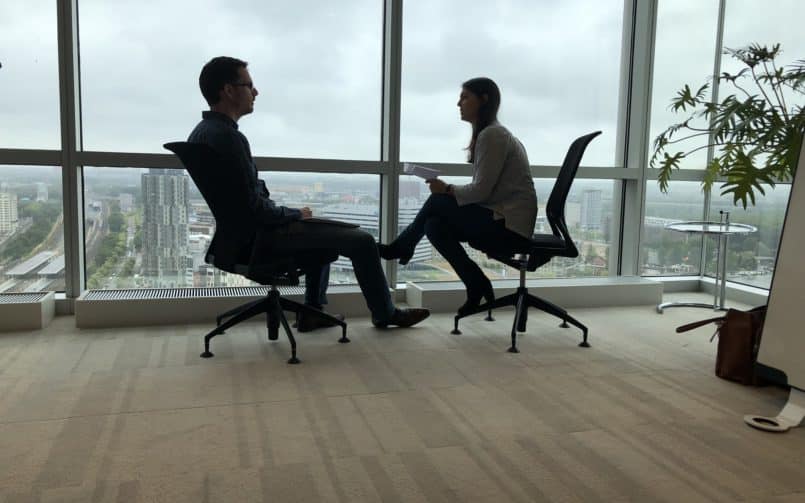Rules of the coach game
In The Netherlands everybody may call him/herself a coach. No education or certification needed. So how do you choose a suitable coach for your theme and development goal? Coaches are capable of many things but they are also human and, walking their path, to become a better person and professional. They can make mistakes and need to be seen as humans: with flaws. Luckily, they also come in many wise shapes & forms.
The quest for a great coach
When you select a coach, you will first meet up for an intake. You will discuss what you want to change in your life and work (your ‘learning goals’). Also, it is important to feel if you truly trust this person so you will be able to share your inner thoughts and deepest worries. Coaching only works if there is openness and honesty.
The coach process: coaching is nót problemsolving
In around 6 -9 coach sessions you will learn about yourself, about your patterns, past, decision making, coping strategies and the family you stem from. Coaches must be able to work with empathy and be able to slow down and reflect, both are key. Which is not an easy thing to do in our hasty world. Often a the coachee wants to reach their goal quickly and find it difficult to reflect about certain topics longer. So, coaching = slowing down.
Coach competences
An experienced coach will:
- annually invest in (master)classes and refreshments
- have knowledge of Voice Dialogue, Transactional Analyses, phycology
- understands the human spirit and development processes
- can work cognitively as well as energetically
- feel comfortable to work with feelings
- must have done own inner work
- must be a keen observer and give feedback in a respectful way
- be curious and explore new terrain without knowing the answers
- (almost) never give advice and be without judgement
It is you who will have to go through the development process and gain insight in how and why you go about things. Only then are you capable in changing them.






